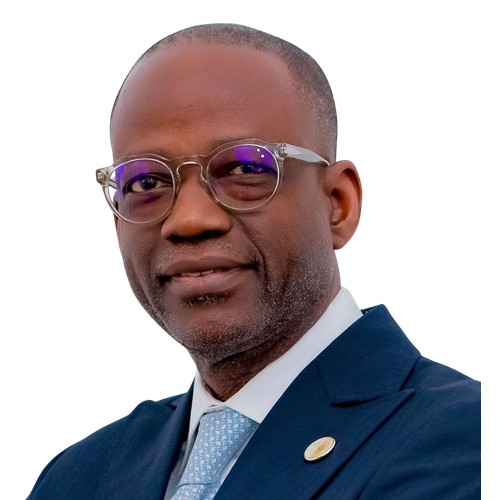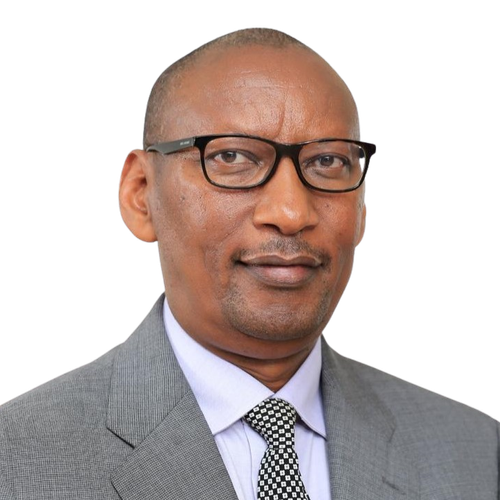"Digital public infrastructure (DPI) is more than just a tool – it’s a public good that can transform societies." – World Economic Forum.
Africa is the world's fastest-growing continent and also the youngest. To support this rapid growth, the African Digital Public Infrastructure (DPI) transformation must remain a cornerstone of societal progress.
- Digital identity: Nearly 540 million people in Africa still lack legal identification, 95 million children under five have never had their births recorded, and 120 million children remain without birth certificates.
- Payments: In payments, addressing challenges such as interoperability in instant payment systems and reducing cross-border fees remains critical. In 2022, over 80% of intra-African payments were routed through Europe or the US, resulting in high compliance and transaction costs.
- Data exchange: As of January 2024, 36 African countries have enacted data protection legislation, with Ethiopia, Namibia, and Malawi working on draft laws.
Key Discussion Points:
- How can the harmonisation of policy frameworks effectively address intra-African payments issues and data exchange challenges?
- What role do multilateral organisations play in enhancing digital public infrastructure (DPI) across Africa?
- How can policymakers and multilateral organisations collaborate to mobilise capital for developing digital public infrastructure across Africa?
Emerging markets: The Leap Forward for Digital Public Infrastructure
Brought to you by





